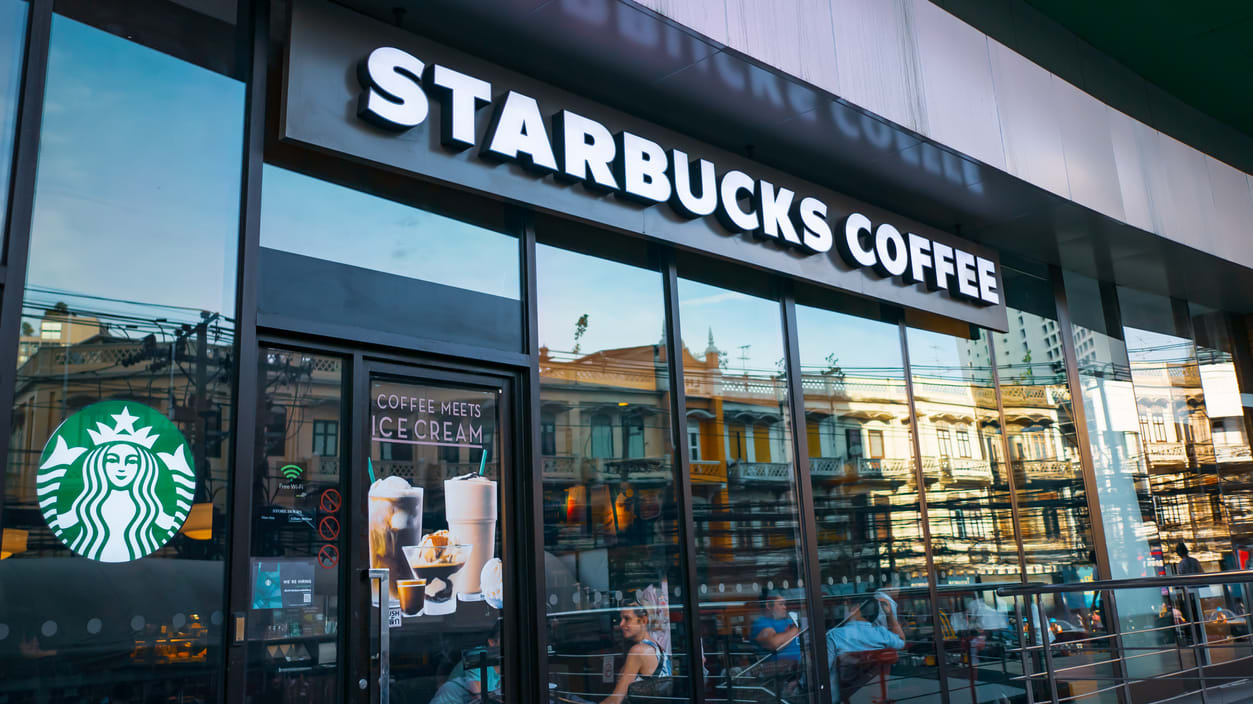The National Labor Relations Board (NLRB) on March 15 issued a complaint against Starbucks, alleging that the company penalized two workers in Phoenix for assisting in efforts to unionize their store. We've gathered articles on the news from SHRM Online and other media outlets.
First Complaint of the Current Union Campaign
The complaint, the first of the current Starbucks union campaign, alleged that Starbucks provided a written warning to one employee and suspended her, and rejected the scheduling preferences of a second worker, leading to her termination, because the employees supported the union. The complaint further stated that the first employee was suspended and disciplined for raising concerns about wages, hours and insufficient staffing. The alleged retaliation was intended to discourage other employees from raising similar concerns, even though they have the legal right to do so, according to the NLRB.
Starbucks' Statement
Starbucks has repeatedly denied that it engages in surveillance or any retaliation. "A partner's interest in a union does not exempt them from the standards we have always held," a Starbucks spokesman said. "We will continue enforcing our policies consistently for all partners, and we will follow the NLRB's process to resolve this complaint."
Investors Urge Neutral Stance on Organizing
Several investors in Starbucks have urged the company to adopt a global policy of neutrality for all attempts of its workers to organize. They also want Starbucks to reach fair and timely collective bargains with workers who vote to unionize.
More than 130 Starbucks stores in 26 states have petitioned the NLRB to organize. Of the seven stores that have held elections, six have voted to form a union. Five are in the Buffalo, N.Y., area, and the other is in Arizona.
(CNBC)
Starbucks Loses Argument That Unionization Should Be Regional
Starbucks lost a key argument in its defense against store-by-store unionization before the NLRB on Feb. 23, as the NLRB ruled that each store may organize for a vote individually rather than having to vote regionally. The Feb. 23 board decision meant the vote count could go ahead at a Mesa, Ariz., store. The workers voted to organize the store.
Rhodes Scholar Helped Starbucks Organize
A barista who is also a Rhodes scholar helped unionize the Buffalo, N.Y., store that was the first one to organize.
"Did you plan on all this happening when you started at Starbucks, or was it just a coincidence?" a colleague of hers reportedly asked when they were protesting store conditions.
"I'd try to organize any place I worked, but this wasn't a grand scheme," the barista reportedly replied. She had first broached the idea of a union with her colleague last summer, speaking of the need for better pay, more generous benefits, more consistent scheduling and a fairer promotion system.
An organization run by AI is not a futuristic concept. Such technology is already a part of many workplaces and will continue to shape the labor market and HR. Here's how employers and employees can successfully manage generative AI and other AI-powered systems.




